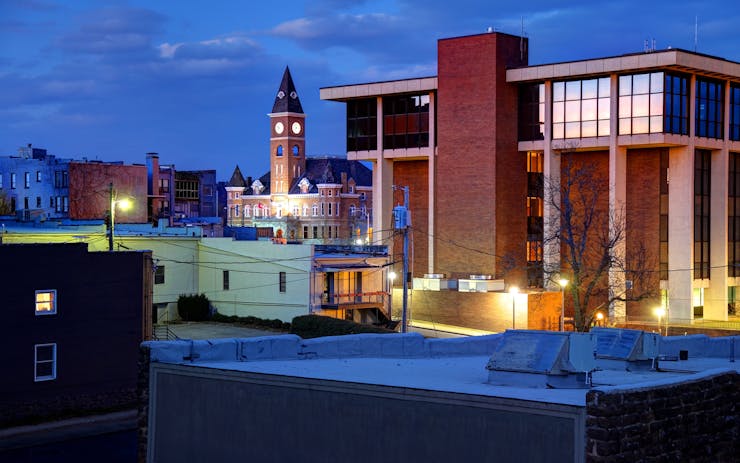LITTLE ROCK, Ark. (AP) — An Arkansas judge on Wednesday struck down the state’s decision to issue its first licenses to grow medical marijuana, ruling that the process for awarding the permits and the rankings of applicants were unconstitutional.
Pulaski County Circuit Judge Wendell Griffen granted a preliminary injunction preventing the state Medical Marijuana Commission from awarding cultivation licenses. Griffen last week issued a restraining order preventing the state from awarding licenses to five companies.
Griffen ruled that the process for awarding the licenses violated a state constitutional amendment voters approved in 2016 legalizing marijuana for patients with certain conditions. He ruled the commission’s rankings of the 95 applicants for the cultivation licenses were null and void. Griffen sided with an unsuccessful applicant that had sued the state over claims the process for awarding the licenses was flawed.
In his ruling, Griffen said he “takes no joy” in blocking the state from issuing the licenses.
“The prospect that Arkansans must now endure more delay before gaining much needed access to locally grown medical marijuana should be unpleasant to anyone concerned about providing relief to people who suffer from serious illnesses,” Griffen wrote.
The attorney general’s office did not have an immediate comment on Griffen’s ruling.
Griffen said the process for awarding the licenses was compromised by potential conflicts of interest by commissioners who scored the applications, including one whose law firm represents the owners of one of facilities that was going to receive a license in non-marijuana related matters. Another commissioner is a physician who routinely refers patients to the medical practice of another doctor who is a part owner of a cultivation facility.
The state, however, has said that the applications scored by the commissioners were redacted and did not include any identifying information about the applicants.
Griffen said the state also failed to verify applicants’ assertions that the primary entrance for their proposed facilities would be at least 3,000 feet from school, churches and daycare centers, the distance required by the medical marijuana amendment. He also ruled the commission violated its own rules by failing to evaluate whether people connected with the applications have been affiliated with entities that have had their corporate status revoked for not paying franchise taxes.
Naturalis Health LLC, the applicant that sued over the process, has said it wants an independent evaluator to re-score the applications for the cultivation facilities.
“We’re very grateful for the judge’s decision and look forward to what comes next,” Jay Bequette, an attorney for Naturalis, said.





